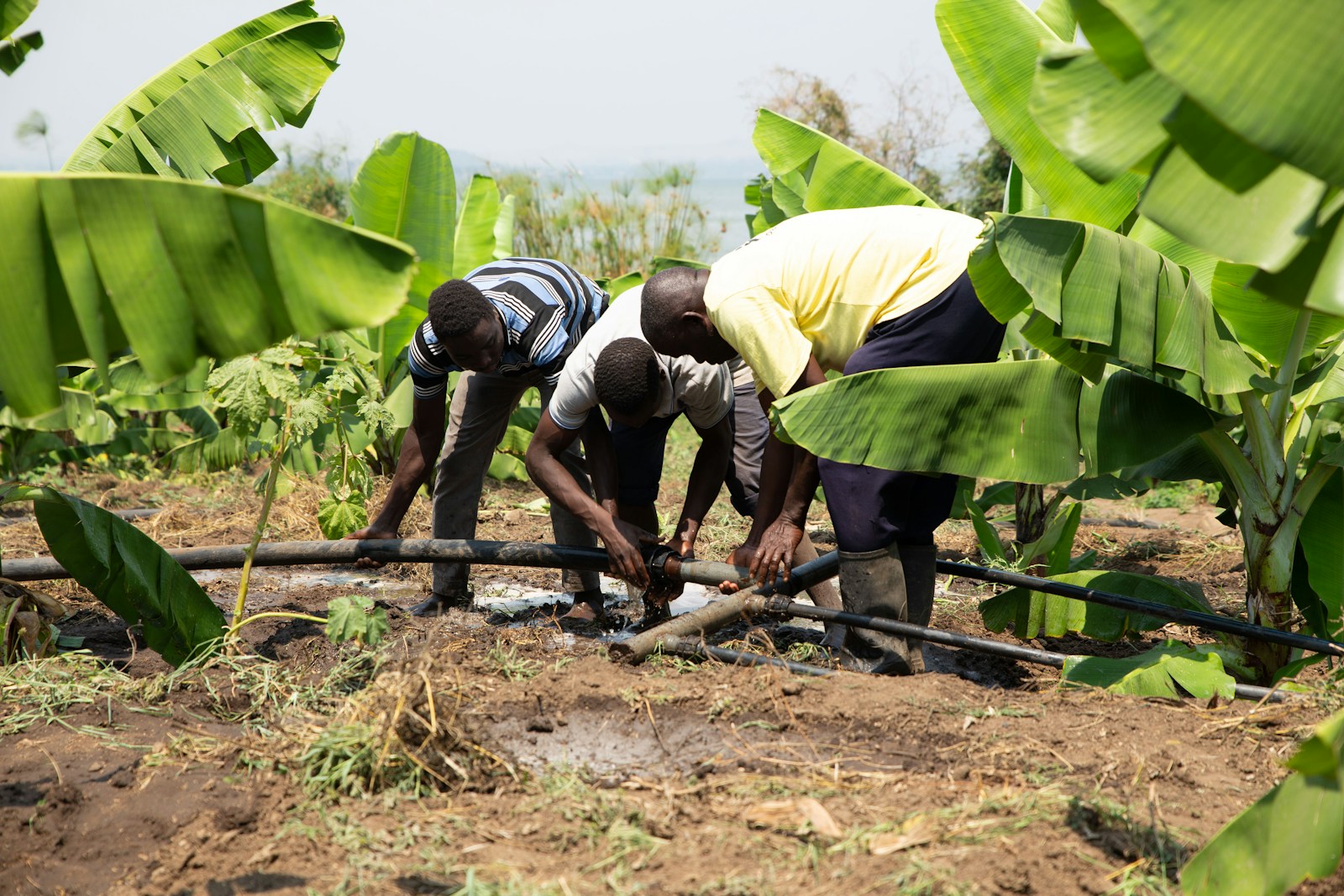Abuja, Nigeria – Nigeria’s Oil and Gas Sector Key players in Nigeria’s energy industry are uniting to address one of the most pressing environmental challenges: methane emissions. The Africa Policy Research Institute (APRI) has launched a comprehensive Methane Mitigation and Reduction Project designed to curb the release of this potent greenhouse gas within the country’s oil and gas sector.
The initiative aims to bring together policymakers, industry leaders, environmental experts, and community stakeholders to accelerate climate action. Methane, though less abundant than carbon dioxide, is significantly more effective at trapping heat in the atmosphere, making its reduction a crucial step toward meeting Nigeria’s climate commitments and protecting public health.
Workshops and Knowledge Sharing
As part of the project, APRI is hosting a series of workshops to equip industry operators and regulators with the tools and knowledge needed to monitor, report, and reduce methane emissions. These training sessions focus on practical solutions, such as leak detection technologies, improved maintenance protocols, and the adoption of cleaner production methods.
Experts emphasize that cutting methane emissions not only benefits the environment but also enhances operational efficiency and profitability in the oil and gas industry. By preventing gas leaks and waste, companies can capture valuable resources that would otherwise be lost, aligning environmental responsibility with economic gain.
A Data-Driven Approach
Alongside the workshops, APRI has released a detailed report analyzing the scale and impact of methane emissions in Nigeria. The findings highlight priority areas for action, including upgrading aging infrastructure, enforcing stricter regulatory compliance, and incentivizing the adoption of new technologies.
The report also underscores the importance of cross-sector collaboration, urging both public and private entities to work together to meet national and international climate targets. This cooperative framework, experts argue, is essential to creating lasting change and reducing the nation’s overall greenhouse gas footprint.
Broader Climate Implications
Nigeria, as one of Africa’s largest oil and gas producers, plays a significant role in shaping regional climate action strategies. Addressing methane emissions not only strengthens the country’s environmental credentials but also positions it as a leader in sustainable energy practices on the continent.
International climate bodies have welcomed Nigeria’s increased focus on methane mitigation, noting that global cooperation is key to tackling the climate crisis. The country’s efforts could serve as a model for other energy-producing nations facing similar challenges.
Conclusion
The launch of the Methane Mitigation and Reduction Project signals a decisive step forward in Nigeria’s environmental policy. By merging scientific expertise, industry engagement, and strong regulatory frameworks, the country is positioning itself to make measurable progress in reducing methane emissions. If sustained, these efforts could deliver significant climate benefits, improve air quality, and set a precedent for sustainable development in Africa’s energy sector.
for more news :africaciviclens.com




